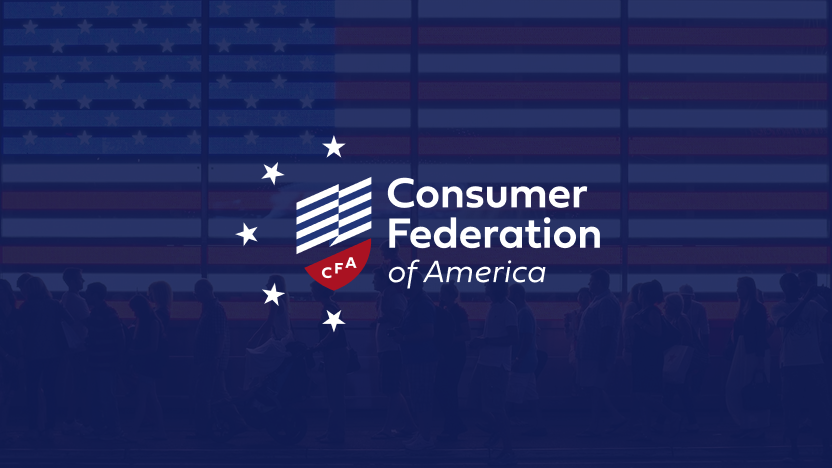April 22, 2019
•
2 min read
Consumer Federation of America Calls on California to Continue to Lead the Way on Privacy

Washington, D.C. – On April 23, 2019 the Privacy Committee in the California State Assembly will consider a number of bills to amend the California Consumer Privacy Protection Act (CCPA), including AB 1760. This bill, which CFA supports, would improve the CCPA in significant ways.
Statement of Susan Grant
Director of Consumer Protection and Privacy, CFA
Last year California enacted the Consumer Privacy Protection Act (CCPA), the most sweeping state privacy legislation in the country. Though the law does not go into effect until 2020, there are several bills in the California legislature this year that would either strengthen or weaken it. On April 23, the Privacy Committee in the State Assembly will consider AB 1760, which we support. Dubbed “Privacy for All,” this bill, introduced by Assembly Member Buffy Wicks, would improve the CCPA by:- Enabling consumers to learn which companies have received their personal information through a sale or other forms of sharing.
- Requiring companies that share consumers’ data, as well as those that sell it, to get their OPT-IN consent to do so.
- Preventing companies from punishing people who exercise their privacy rights by charging them higher prices or providing them with an inferior products or services.
For more information on the Consumer Privacy Protection Act, a more in-depth blog can be read here.
Our Subject Matter Experts

Erin Witte
Director of Consumer Protection

Ben Winters
Director of AI and Data Privacy
Press Releases

Trump’s CFPB Once Again Harms Servicemembers
The Consumer Federation of America released the following statement in response to today’s decision by the Consumer Financial Protection Bureau (CFPB) to withdraw the 2024 consent order filed against Navy Federal Credit Union (NFCU) for charging illegal surprise overdraft fees.

Anti-Competitive State Laws Cost New Car Buyers More Than $20 Billion Per Year

Congressional Proposal Does Little to Protect Consumers from Unknowingly Purchasing Wrecked Cars
